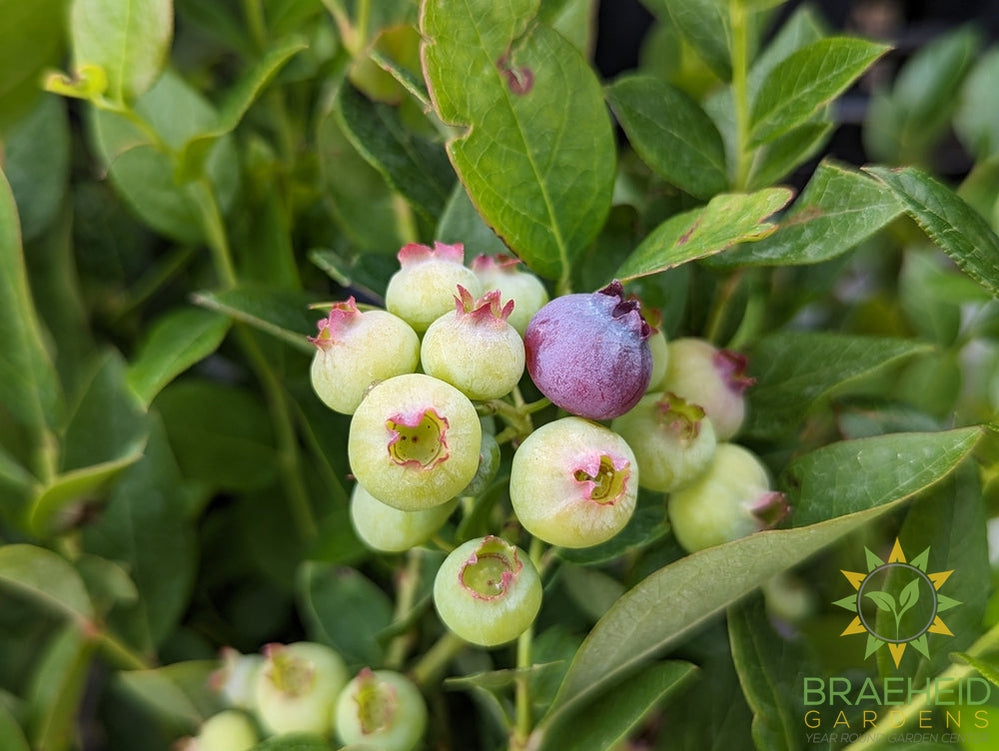Rising Food Prices: Fostering a Thrifty Approach
Amidst the backdrop of rising food prices, the our generation's shift towards planting their own fruit trees takes on added significance. With the cost of living on the rise, homegrown fruit becomes an economic advantage that cannot be overlooked. By investing in your own orchards, young gardeners are not only enjoying cost savings but also insulating themselves from the volatility of the global market.
As large-scale agriculture grapples with challenges such as climate change and resource depletion, these pressures are often passed down to consumers in the form of escalating food prices. In contrast, cultivating fruit trees at home offers an affordable, long-term solution. Initial investments in seeds or saplings and minimal upkeep costs pale in comparison to the financial strain caused by rising grocery bills. According to the National Gardening Association's survey, the average cost of gardening in 2020 was $503, while the average yield of homegrown produce was $1,200. This suggests a potential average saving of around $697 per household
Moreover, homegrown fruits are not subject to price fluctuations or shortages driven by market forces. Instead, young growers find comfort in the stability of their backyard harvests, knowing that a bountiful supply of fresh, affordable produce is right at their doorstep.
By embracing a thrifty approach to food through homegrown fruit trees, our generation is not just cutting costs; we are returning to a mindset of resourcefulness and sustainability. This newfound resilience is not just limited to the realm of food; it extends to other areas of life, influencing choices that benefit both their wallets and the environment.
As we plant and tend to our orchards, young gardeners are planting the seeds of a more sustainable future. They are setting an example for future generations to follow, showing that a simple act of planting a fruit tree can yield a harvest that goes beyond the boundaries of their backyard, enriching lives and fostering a more prosperous and self-reliant society.
In a world grappling with economic uncertainties, the next generation's embrace of homegrown fruit trees proves to be a wise and timely decision. As food prices soar, they stand tall as champions of food security, sustainability, and self-sufficiency. Their orchards symbolize hope and abundance, beckoning us all to join in this collective journey towards a greener and more resilient tomorrow.
With increasingly conscious of sustainability and food choices, a new trend is taking root - the cultivation of homegrown fruit trees. As the next generation seeks more control over their food and a deeper connection with nature, backyard orchards are becoming a symbol of this movement. Let's explore the reasons behind this growing trend and the benefits it brings to both individuals and the environment.
Nurturing Nature, Nurturing Ourselves: Gone are the days of being passive consumers in the food chain. The next generation is reclaiming their food sovereignty by planting fruit trees right in their backyards. This hands-on approach not only yields delicious harvests but also fosters a profound appreciation for the natural world. As they nurture their trees, they discover a sense of purpose, pride, and a closer connection to the land.
Tasting the True Essence of Freshness: Nothing compares to the taste of sun-ripened fruits freshly picked from one's own orchard. Free from long-haul transportation and artificial preservatives, homegrown fruits are bursting with flavor and nutrients. By savoring these delights, young gardeners are taking a stand against the mass-produced, homogenized produce prevalent in today's market.
Preserving Biodiversity, One Tree at a Time: Beyond the joy of harvesting their own bounty, young growers are making a meaningful impact on local biodiversity. Backyard orchards attract an array of pollinators and wildlife, creating mini-ecosystems that support the delicate balance of nature. With each tree planted, they contribute to the preservation of indigenous species and create habitats for creatures great and small.
An Empowering Journey of Self-Sufficiency: Planting fruit trees is not just about growing food; it is a statement of self-sufficiency. The act of nurturing life from seed to fruition instills a sense of empowerment and resilience in the face of global uncertainties. Young gardeners are embracing the challenges and rewards of tending to their trees, acquiring valuable skills and knowledge along the way.
Building Community, Growing Together: This movement is not confined to solitary endeavors. It's a communal venture that fosters connections among like-minded individuals. Whether sharing gardening tips, exchanging fruit varieties, or simply bonding over a love for the land, this generation is building a supportive community that transcends geographical boundaries.
A Sustainable Vision for Tomorrow: In a world grappling with environmental challenges, backyard fruit trees offer a ray of hope. Each sapling planted represents a commitment to a greener, more sustainable tomorrow. The next generation is sending a clear message - they are stewards of the Earth, and they are nurturing the seeds of a better future.
In Conclusion: As the next generation takes the reins of their own food and embraces the art of planting fruit trees, they cultivate more than just fresh produce. They cultivate resilience, creativity, and a profound respect for nature's bountiful offerings. Through their backyard orchards, they are sowing the seeds of a greener, healthier, and more sustainable world. So, why not join this vibrant movement and embrace the magic of growing your own fruit trees? The journey awaits, and the rewards are abundant.
